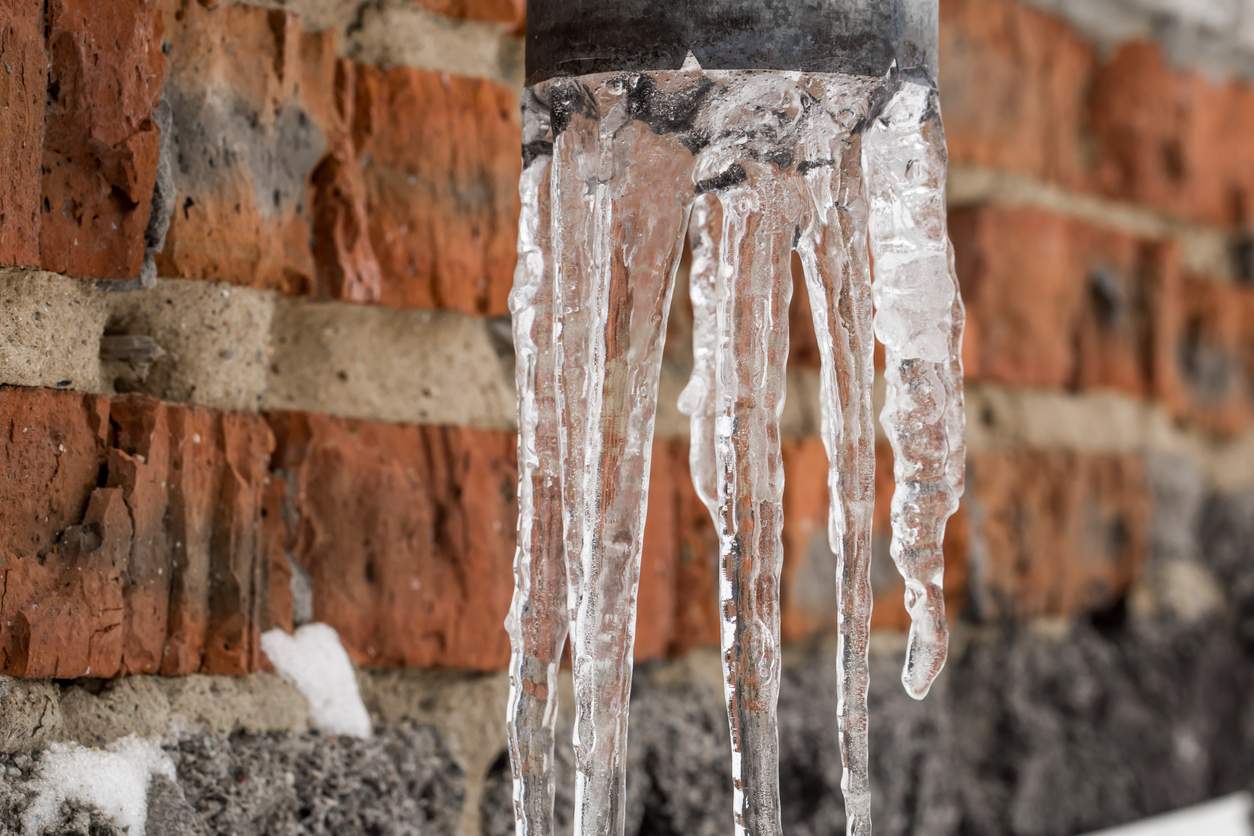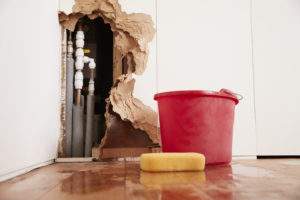
Are You Prepared for Frozen Pipes?
Record-breaking lows have been sweeping through the nation and that can only mean one thing: winter is coming. Coloradans should brace themselves for freezing conditions in the coming months. Beyond stocking up on firewood and new winter flannels, though, home and business owners should also be preparing their properties for colder weather and taking measures to prevent their pipes from becoming frozen.
Frozen Pipe Disasters

This type of flooding is bad enough when you’re at home when a pipe bursts, but it becomes exponentially worse when you are away. When frozen pipes break and the property becomes flooded, there is only a short window of time in which you can act to save your stuff, prevent mold growth, and minimize damages. When you’re away, however, you may not discover the problem until it’s too late to contain it. With so many Coloradans taking a vacation and traveling during the holiday season, there are plenty of opportunities for properties to become severely damaged due to burst pipes this year.
Preventing Frozen Pipes
In order to avoid becoming another statistic and succumbing to the disasters related to frozen and burst pipes, you’ll need to practice constant vigilance and thoughtful prevention strategies. Being aware of the potential for destruction is the first step to protecting your property this winter season, but there are several other important steps you can take to preventing your pipes from freezing, bursting, and causing a flood:
- Insulation – Taking the time to insulate your pipes (especially those that are located closest to outside walls) can stop water from freezing inside of your pipes and causing them to burst.
- Open Cabinet Doors – Wherever possible, consider opening cabinet doors in kitchens and bathrooms where pipes are located. This will allow warm air to circulate around the pipes and reduce the risk of freezing.
- Set Your Thermostat – Keep your heat set to at least 55 degrees F – even when you are away from home.
- Let It Drip – On especially cold days/nights, it’s smart to turn on your faucets and let them drip or trickle. Even a very small flow of water can prevent your pipes from freezing.
Other Important Tips for Frozen Pipe Season

No matter how much you prepare, there’s always the chance that a burst pipe could happen during the winter months. In the event that a pipe bursts, you’ll need to be able to act quickly.
Here are a few important measures for minimizing damage after a frozen pipe has ruptured:
- Install an Alarm – Advanced detection systems exist which can detect a water leak as soon as it occurs. Installing such a device will allow you to take immediate action on a burst pipe – even if you’re away from home.
- Locate the Shut-off – Take some time to look around your property to acquaint yourself with where your water shut-off valve is. Should a pipe burst, you will need to be able to cut off the source quickly.
- Have a Contractor on Speed Dial – Time is of the essence after flooding occurs, so you need to know who to call for repairs and refurbishment. Do your research now to find a great water damage repair contractor that you can call should you ever need one.
Abbotts Fire & Flood is the leading flood repair and restoration company in the greater Denver area. We’re here to help should your pipes become frozen and burst this year, or to help with any other water-related damages. Contact our experts for a free inspection today.

